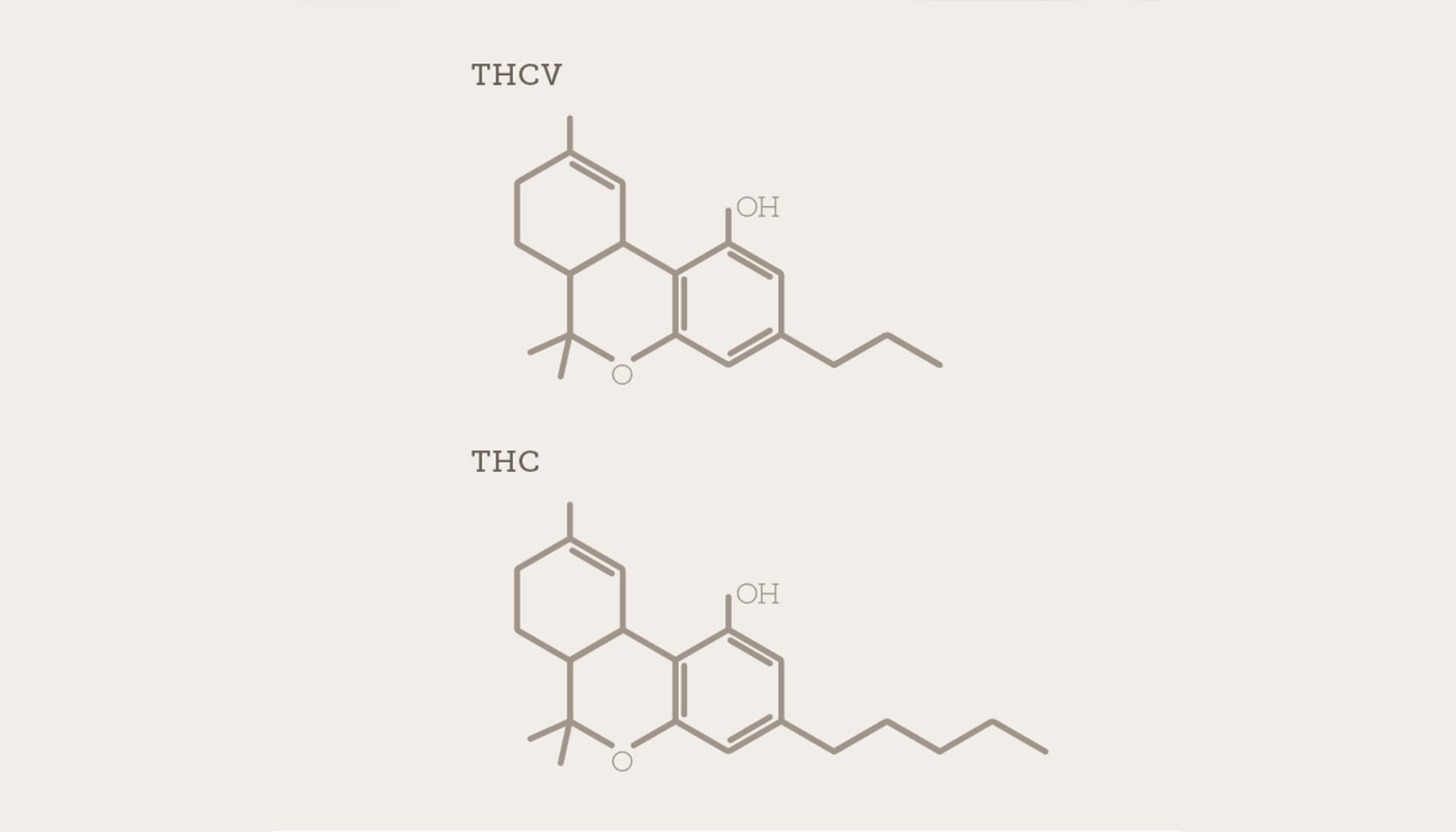Tetrahydrocannabivarin (THCV) is a cannabinoid compound discovered in cannabis and hemp plants. It's chemically similar to tetrahydrocannabinol (THC) however with some what does thcv stand for? essential distinctions. Here's whatever you require to learn about THCV including the risks, benefits, distinctions, and resemblances with other kinds of THC and more. What Is THCV? THCV is a less common cannabinoid found in some strains of marijuana, especially African sativa.
 What is THCV and what are the benefits of this cannabinoid? Leafly
What is THCV and what are the benefits of this cannabinoid? Leafly
![]() THCV: What are the Benefits; Does it Get You High? - Vaping360
THCV: What are the Benefits; Does it Get You High? - Vaping360
 What Is THCV (Tetrahydrocannabivarin)? - CNBS
What Is THCV (Tetrahydrocannabivarin)? - CNBS
THCV has a 3-carbon side chain instead of THC's 5-carbon side zenwriting.net/morvetqkic/tetrahydrocannabivarin-thcv-is-a-cannabinoid-substance-found-in-cannabis-and chain. This difference is subtle, but it has a noticeable effect on the result profile. Home page THCV is rather psychoactive however only about and about. What Does THCV Seem like? THCV has a strong energy-boosting component to it, which makes it specifically popular amongst students and professional athletes.
In the United States, THCV guideline is nuanced. THCV is not an Arrange I Drug, but marijuana extracts are making it rather unclear what the federal position is on THCV. The 2018 Farm Expense mentions that hemp plants and all derivatives of the plants are legal on a federal level, numerous business follow this law and still provide THCV to customers by only extracting the compound from hemp plants.
If THCV is thought about a THC analog, it might be managed in the future by the same rules as THC under the Federal Analog Act. This act states that any substance that shares a comparable molecular profile as a recognized forbidden compound it's consisted of in the same drug Set up classification.
What Are the Results of THCV? Advocates of THCV report that it produces an intense burst of energy and makes them feel euphoric without the mental cloudiness triggered by THC. The impacts are very what does thcv do mild compared to THC. The results are nearly specifically cognitive yet in some way have extremely little effect on headspace.
2. THCV & Cravings Some THCV users declare that it curbs their cravings. This is a typical impact of other focus-enhancing substances too. It's as though THCV gets rid of the diversion of other physical processes (like cravings) in order to preserve resources and attention to cognitive jobs rather. How Does THCV Work? Cannabinoids produce biological impacts in the human body by communicating with endocannabinoid receptors.
CB1 receptors are located in the anxious system and connect with neurotransmitters in the brain to produce mind-altering effects. Interaction with what is thcv cannabinoid CB1 sites is what provides some cannabinoids like THC their psychoactivity. THCV is a bit difficult to understand due to the fact that it's primarily a CB1 antagonist, implying it has the opposite effect as THC.
While researchers are still seeking to understand this procedure, it appears THCV is able to block the effects of CB1 in low doses and promote them in high doses. CB2 receptors are found primarily in the body immune system. THCV is a partial agonist of CB2, however the impacts of this partial activity aren't popular, and it relatively has no discernible effect on THCV users' experience.
As mentioned in the previous section, THCV is a CB1 villain in low dosages which is the precise opposite impact of delta 8 and delta 9 THC. This could mean that THCV neutralizes a few of the psychedelic results of THC. This impact could discuss why people who utilize THCV feel so clear-headed especially compared to the infamous "fogginess" caused by delta 9 THC.